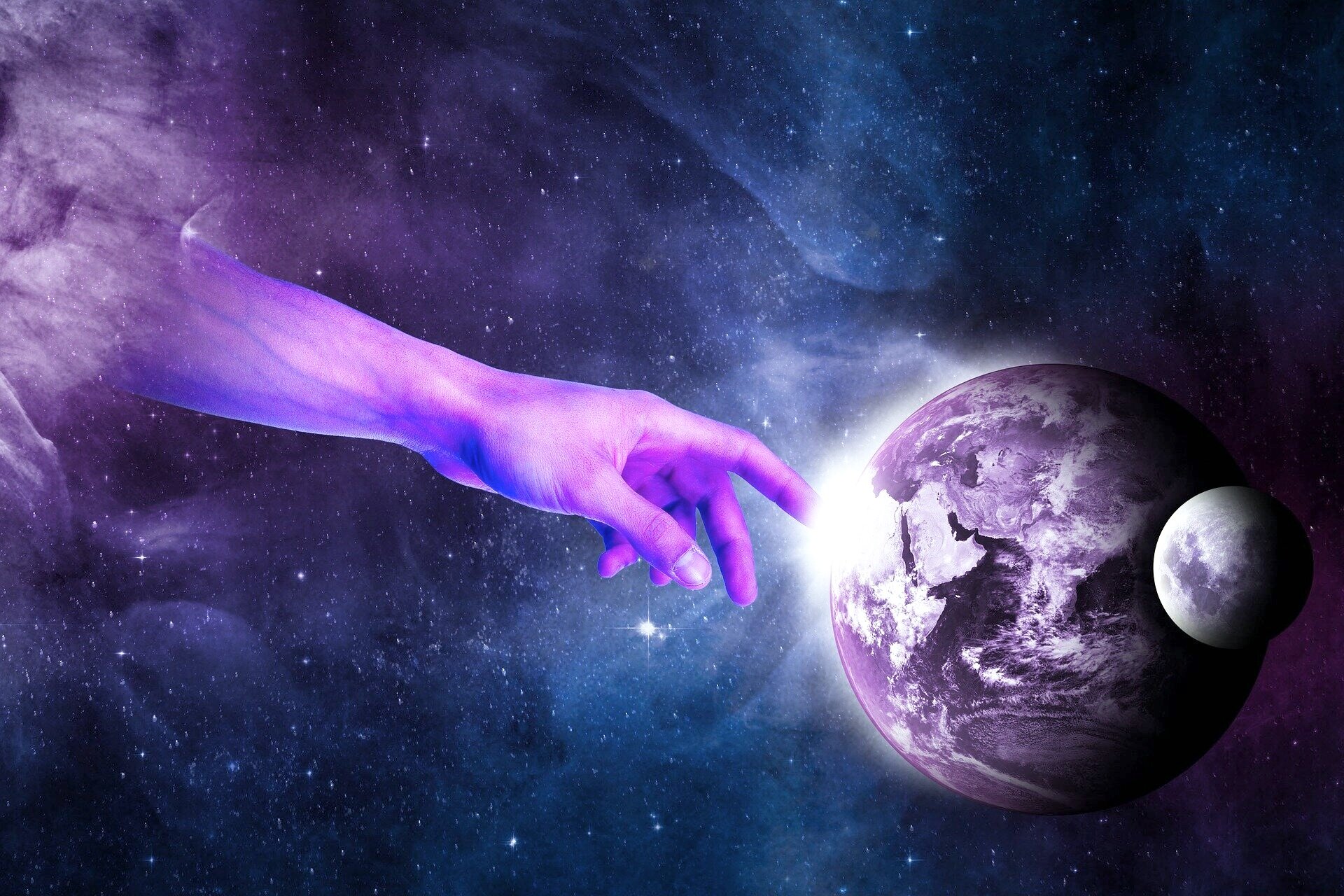Who Created God?
In his book The God Delusion , Richard Dawkins says the following: “If you tell me that God created the universe, then I have the right to ask you, ‘Who created God?’”
If you’ve watched the popular movie, God’s Not Dead, you may remember Josh Wheaton’s answer,
Dawkins’ question only makes sense in terms of a god that has been created, it doesn’t make sense in terms of an uncreated God, which is the kind of God Christians believe in, and even leaving God out of the equation, I then have a right to turn Mr. Dawkins’ own question back ‘round on him and ask, ‘If the universe created you, then who created the universe?’
Now while this answer is powerful rhetorically, and does in fact answer the question by correctly stating that God is uncreated, there are more questions that arise which may leave the deep thinker more curious than intellectually satisfied. In an attempt to keep this article from becoming a book, we’ll just look at one common response to the answer, “No one created God,” and recommend some resources if you wish to investigate further.
“How does it make sense that God always existed without beginning?” This is a more detailed question based on the video of a popular internet atheist, Hemant Mehta, from his YouTube channel, Friendly Atheist, in which he states the question more vaguely, “Who created God? And how does your answer to that make any sense?” Let’s explore this question using one of the main points in William Lane Craig’s famous Kalam Cosmological Argument.
The universe began to exist. This has been all but proven by the Borde-Guth-Vilenkin Theorem, which demonstrates that a universe that is expanding cannot be past eternal (or, without a beginning). Craig argues that everything that begins t o exist has a cause for its beginning to exist. So if the universe had a cause for its existence, would that cause of the universe have a cause for its existence? And would that cause have a cause? And would that cause.... Here’s the point. This chain of causes, or series of events, cannot keep going on out to infinity; Otherwise, how would we ever get to this point today? You must arrive at a cause that is eternal, existing outside of time.
Confused? You’re not alone. Perhaps this analogy will help: Suppose that someone walked up to you, exhausted, saying, “-4, -3, -2, -1, 0!” And they tell you that they have successfully counted from negative infinity to “zero.” Suppose you believe them; Why did they finish their countdown just now? Why didn’t they finish ten minutes ago? Or ten days ago? Or ten days from now? For before they could count, “zero,” they would have to count, “negative one,” and before they could count, “negative one,” they would have to count, “negative two,” and before they could count, “negative two,” they would have to count, “negative three,” and so on, out to “negative infinity,” with no stopping point; or more accurately, with no beginning point. It would be like trying to jump out of a hole in the ground with no bottom.
Does this sound absurd? Of course it does. That is the point. Eventually, in determining the cause of the universe, you will have to arrive at something, or indeed someone, w ho is eternal, having always existed, not bound by time, as the idea of an infinite regression of causes, or an infinite series of events prior to today, is philosophically bankrupt.
To summarize: Who created God? No one. God is uncreated and did not have a beginning. Does that make any sense? Yes.
On another note, this argument doesn’t identify the cause of the universe as the God of the Bible; nor was that the purpose of this article. However it does assist us in understanding the eternality of the ultimate cause of the universe, which is the purpose of this article, and it paves the way for identifying this cause using additional arguments and evidence for its being the Christian God, such as the rest of the Kalam discussion, evidence from fulfilled prophecy, evidence of Jesus’ resurrection, and the like.
Recommended Resources:
Book: The Kalam Cosmological Argument by William Lane Craig
Video: The Kalam Cosmological Argument | University of Birmingham, UK

